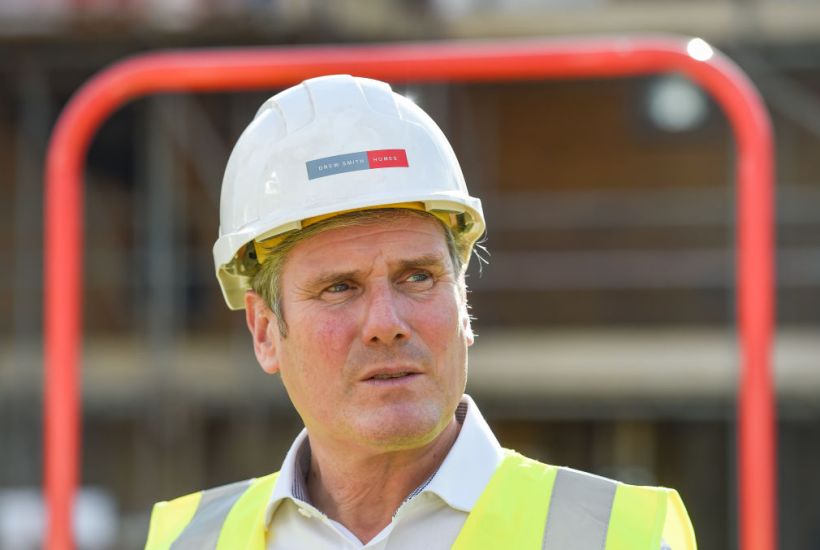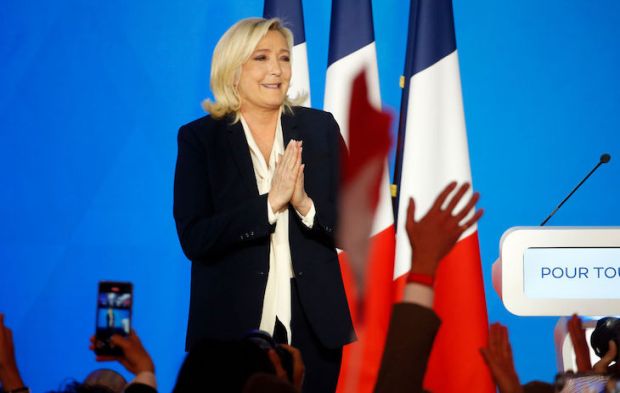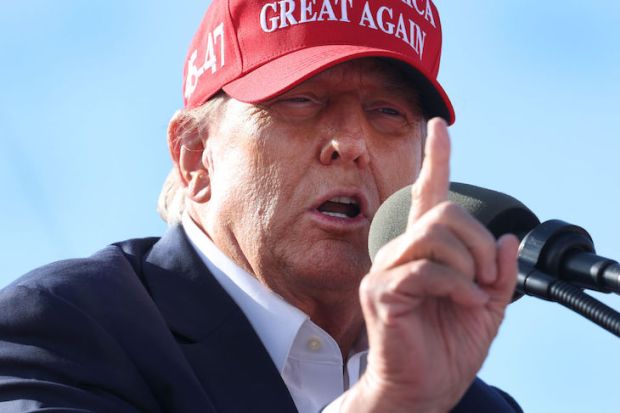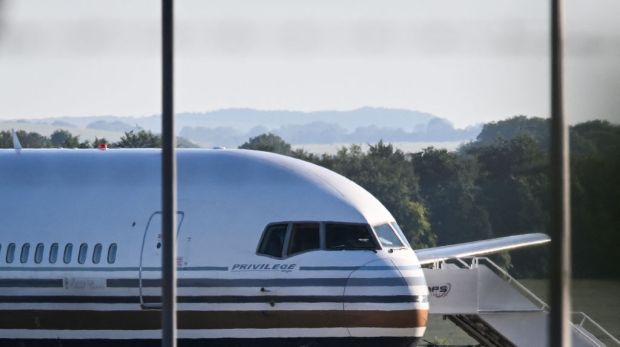The most important fact about British politics is also the most mundane: the next general election is an awfully long way off.
Given the extraordinary events we are living through, it is sometimes tempting to forget this and to suppose that a big political moment in any given week is going to have transformative consequences.
I have previously referred to outbreaks of this syndrome as flare-ups of ‘that bloke who drove to Durham that time’. This is in honour of all those pundits and MPs (including Tories) who claimed, ridiculously, that the Dominic Cummings saga was a game-changer that was bound to feature as a top cause of voter outrage with the government come the next election.
In fact, we all need to slow down. After living through an Italianate cycle of general elections every other year and governments being formed by coalitions, quasi-coalitions or wafer-thin majorities, we now have a single party administration founded on a very large Commons majority.
Oddly, given the imminent repeal of the Fixed-term Parliaments Act, we also pretty much know when the next election will be. The Tories will not run the parliament for the full five-years because that would mean another winter election. Neither will they go to the country in 2023 because that would shave almost a third off their term of office. So Britain will next elect a new House of Commons in the spring or early summer of 2024. Until then, we will very probably have Boris Johnson as Prime Minister and certainly the Conservatives as our government.
For those who despise him and it, some words from Larkin’s famous poem Toads come to mind: ‘Can’t I use my wit as a pitchfork/And drive the brute off?’ Well, no you can’t. Not anytime soon anyway. And that thought should be as much of a comfort to Sir Keir Starmer as a frustration.
The distance that Labour still has to travel is shown by a rash of recent opinion polls showing it clearly trailing the Tories once more, despite the multiple Covid-related disasters afflicting the Government.
The latest ComRes poll puts the Tories on 42 per cent and Labour on 36. If that is a reliable guide then the grand impact of all Starmer’s months of studied moderation, his clamp down on anti-Semitism, and his marginalisation of the Corbynites has been to add four points to Labour’s 32 per cent general election vote share. The Tories, meanwhile, are down by a mere point and a half from last December.
It may well be that the recent Tory mini-bounce has been brought on by the spectacle of Boris Johnson standing up to Brussels over Brexit and pulling the plug on further talks. But even so, this demonstrates the ability of the Tories to deploy patriotic gambits to lure their wandering flock back into the pen.
Despite the hyperactive fury displayed by many Labour MPs about almost everything, and who have become accustomed to limited overs when it comes to politics, Starmer will know he is playing the opening day of a test match.
In fact, he’s holding up his end pretty well, crucially having established himself as being of prime ministerial calibre in the eyes of most of the electorate and surviving an LBW appeal after kneeling to the spin of Black Lives Matter. But the rest of the team leaves a lot to be desired.
The somewhat dotty shadow chancellor Anneliese Dodds is failing to convince anyone that she would be a better financial steward than Rishi Sunak and has now been dragged back to the traditional Labour territory of always demanding that more money is spent (leading to her being accorded the nickname Nanny McSpree by one Tory wag).
Shadow home secretary Nick Thomas-Symonds keeps leading with his chin on issues to do with immigration, this week absurdly opposing plans by Priti Patel to deport rough sleepers from EU countries who turn down offers of accommodation and support. Just what Labour thinks is added to the quality of life in Blue Wall towns by doing so is unclear, but it all adds to a continuing sense of a party of middle class do-gooders who do not ‘get’ working-class concerns.
Meanwhile, even when Labour briefly drew level with the Tories in polls a couple of weeks ago, it failed consistently to punch through the 40 point barrier, indicating that the swathe of voters who will not consider voting for it under any circumstances is simply too large for it to win a majority.
Even if one assumes that the real winning post for Starmer is about 270 seats because he will be able to rope the SNP, the Lib Dems and other small left-of-centre parties in behind him, he is still miles off yet being able to identify 70 constituencies he can be confident of winning back from the Tories.
One would expect his next move to be a reshuffle of his frontbench to give it some more Blue Wall appeal, with plain-speaking Mancunian Lucy Powell touted as a possible replacement for Dodds.
Equally, the Labour leader will continue methodically laying minefields for the Government on coronavirus and can afford simply to wait and see what 2021 brings in terms of post-Brexit trading arrangements.
The current pace of political events points to the view that it will be a couple of years yet before it becomes apparent to Labour strategists what their best shot at victory is. In such circumstances we can expect an extended spell of steadiness from Starmer, punishing bad balls when they arrive, keeping the scoreboard ticking over and just staying in the game.
Got something to add? Join the discussion and comment below.
Get 10 issues for just $10
Subscribe to The Spectator Australia today for the next 10 magazine issues, plus full online access, for just $10.




















Comments
Don't miss out
Join the conversation with other Spectator Australia readers. Subscribe to leave a comment.
SUBSCRIBEAlready a subscriber? Log in